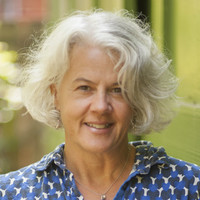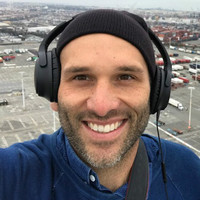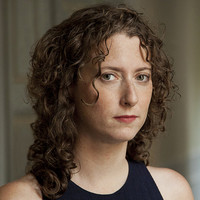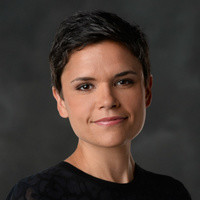Beth Macy is an author and former reporter at The Roanoke Times. Her latest book is Dopesick: Dealers, Doctors, and the Drug Company that Addicted America.
“I learned how to interview by delivering papers. I didn’t know it was interviewing, but I would stop and talk to old people who were bored and lonely and have great conversations. I think I learned how to talk to people by delivering the papers. And there’s a certain thing you have to do when you have to collect the money and learn how to negotiate with people when you’re 11. That’s some reporting skills too.”
Thanks to MailChimp, School of Art Institute of Chicago, Skagen, and Pitt Writers for sponsoring this week's episode.


















